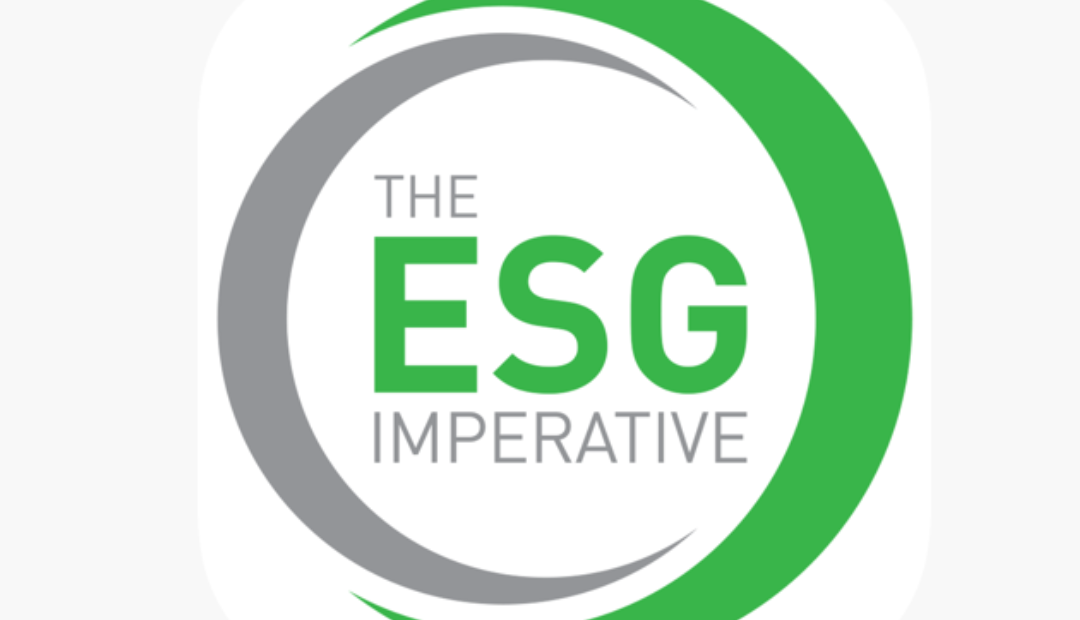
From Supply Chains to Sandpits: Why ESG in Early Years Matters
Context: Why ESG Is Rising Up the Agenda I joined an audience of charities and investors at the ESG Imperative Conference, organised by…
November 20th 2025
The Government’s Best Start strategy signals an intention to look again at Early Years business models and examine whether they can truly deliver for disadvantaged communities. It is a welcome move, but also a necessary one. For too long, we have relied on market-driven models of childcare that struggle in the very places children most need high-quality provision.
If we are serious about delivering a public good, then we must be serious about the business models capable of doing it. And that means putting social enterprises firmly at the heart of the conversation.
Social enterprises bring something unique to the table: a mission-first approach combined with sound business discipline. They sit in the productive middle ground between community purpose and financial sustainability. They hold the confidence of parents, the trust of local communities, and the accountability of regulated providers, all while creating a regenerative economic model and in addition reinvesting any profit to deepen the social purpose. This is not a theory. It is lived experience.
As someone who has raised, deployed, and repaid social investment to build and refurbish nurseries in areas of deprivation, I know what it takes. In those early days, what I needed most was support, guidance, and the know-how to manage growth responsibly. Funding is only ever one part of the equation. The other part is capacity.
That is precisely why I helped establish the Early Years Social Enterprise Collective: to make sure smaller organisations are not left behind. Through coaching, shared learning, and practical mentoring, every member of the Collective has successfully raised and repaid investment. This proves what I’ve long believed: when you prepare organisations well, they flourish.
And if the government is truly considering innovative investment models, social impact bonds, outcome-linked loans, blended grants, payment holidays then we must also prepare providers to take up these opportunities. Investment only works when organisations are ready.
But readiness alone will not fix everything. We need a wider structural rethink of how public services are commissioned and supported.
Over three-quarters of local authority budgets are spent on people-focused services, yet procurement systems are still designed for large corporates with the infrastructure to navigate them. Small and medium social enterprises, the very organisations most embedded in their communities are effectively locked out.
This is not new. Naomi Klein warned in 2000 that multinational corporations were becoming so powerful they were supplanting governments, squeezing civic space, civil liberties, and meaningful employment. Later, Stiglitz (2002) and Bakan (2004) argued for restoring the original purpose of corporations: to serve the public interest. But they also reminded us that this requires systemic reform such as better banking regulation, fairer risk management, and a model of capitalism that doesn’t rely on the endless rescue of the biggest players at the expense of the small.
This matters for childcare. It matters for social care. And it matters for any sector that aims to do something more than generate shareholder returns. If the Government is genuinely committed to the impact economy, if it wants to double the size of the co-op and social enterprise sector, if it wants social value to be more than a tick-box , then the system needs to change. Public money must be used to deliver public value.
To make social enterprise the backbone of early years and social care provision, several shifts are urgently required:
When we invest in social enterprises, we are not just investing in organisations, we are investing in social justice, equity, and sustainability. We are creating the conditions for families to thrive. We are ensuring that children in every community, not just the affluent ones, have access to high-quality Early Years education and care.
This is the work that changes futures.
The Government is currently seeking insights to inform a blended-finance facility to support early years provision. This is an opportunity we must not waste. It needs the voices of real providers, social entrepreneurs, community leaders, and parents. If we get this right, we can build a sector that is resilient, fair, and future-focused — one where public investment delivers maximum social and economic return.
Link to survey: Expanding Childcare Access: Provider Insights Survey – Fill in form
This survey will be open until Friday 28 November

Context: Why ESG Is Rising Up the Agenda I joined an audience of charities and investors at the ESG Imperative Conference, organised by…

Why listen to this episode? Hear directly from Professor Barbara Rogoff on sociocultural learning and how children learn through participation Explore why culture and…

Take a look around– concrete high-rises dominate our skylines, and even the courtyards of upscale developments are often little more than hard brick and stone. Where, then, are children expected…